Applied Sciences, Free Full-Text

Far infrared radiation (FIR) has been primarily used as a therapeutic modality for its inhibitory effect on the proliferation of cancer cells. Previous studies have focused on the inhibitory effects of FIR on mitochondrial metabolism, neglecting its effect on cancer cell membranes. In this study, we investigated the biological inhibitory effect of FIR on the membrane of liver cancer cells. We fabricated an FIR radiator (power density of 37.2 mW/cm2, emissivity of 92.3%) using spirit identity (SI) powder and irradiated liver cancer cells for 3 h for 3 days, resulting in decreased cell viability and ATP production in irradiated cells. To corroborate the mechanism underlying the inhibitory effect on the cell membrane, we performed transcriptional analyses of mRNA and protein expression. Transcriptional analysis showed activation of transmembrane signaling receptors in the gene ontology and systemic lupus erythematosus in the KEGG pathway. The mRNA results showed significantly high expression of membrane attack complex (MAC), and protein analysis results showed a higher expression of proteins C7 and C8β than C5 and C6. Thus, SI powder-generated FIR can inhibit the proliferation of liver cancer cells by activating the MAC in the cell membrane.
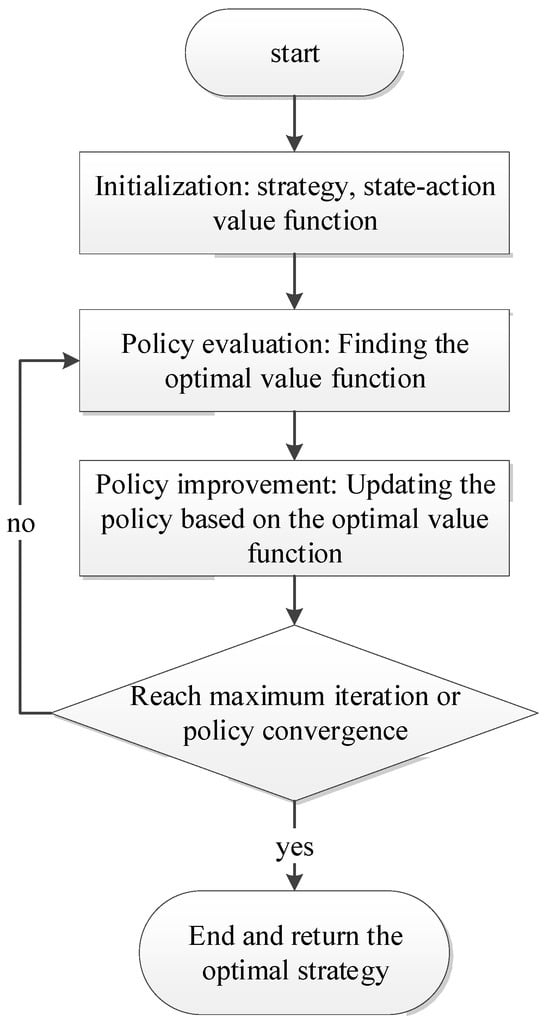
Applied Sciences, Free Full-Text, groups moodle ufsc

American Institute of Mathematical Sciences
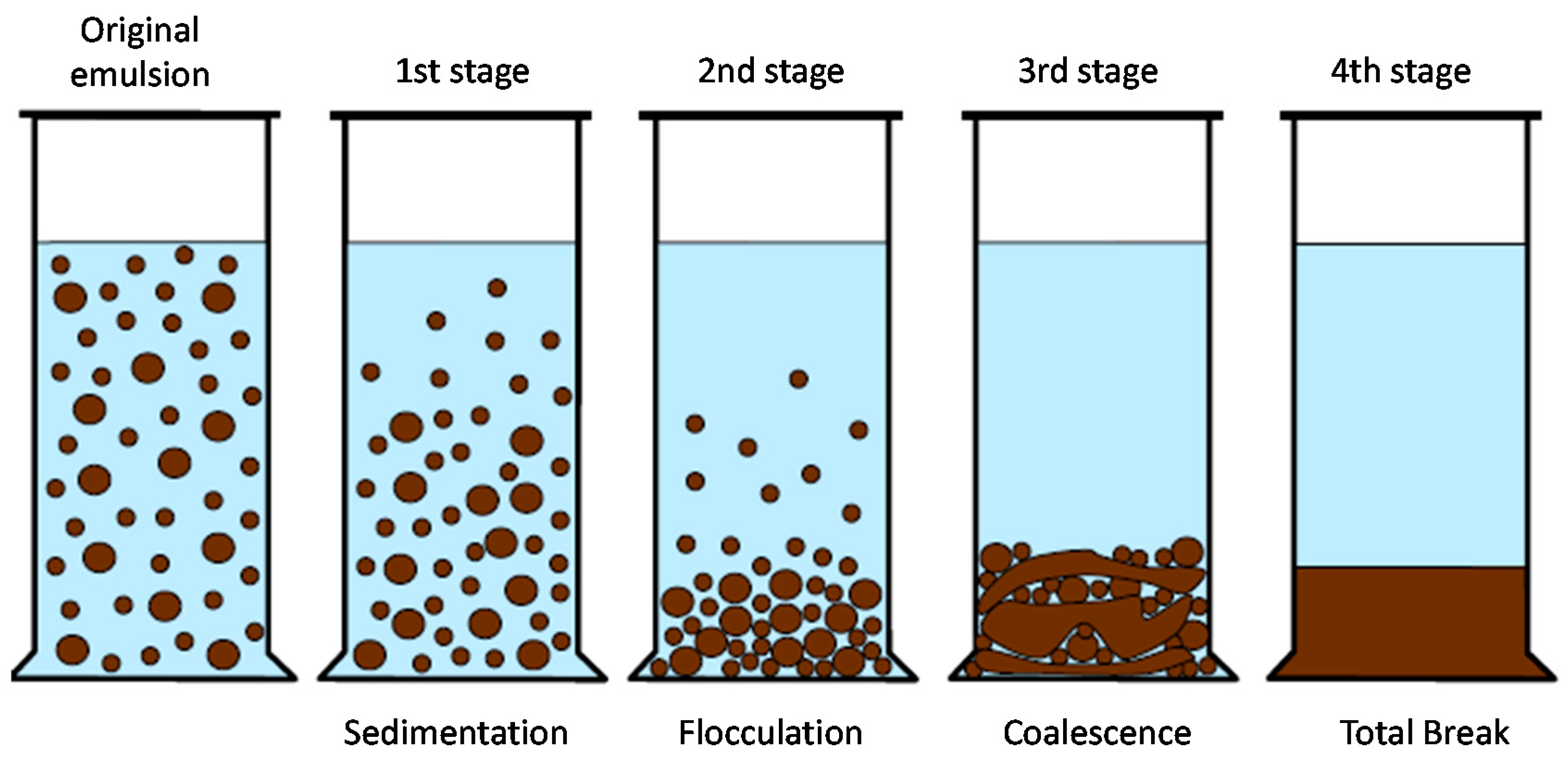
Applied Sciences, Free Full-Text, Emulsion

Applied Sciences, Free Full-Text, rated output

Applied Science Fiction Vector Logo - Download Free SVG Icon
Applied Sciences, Free Full-Text
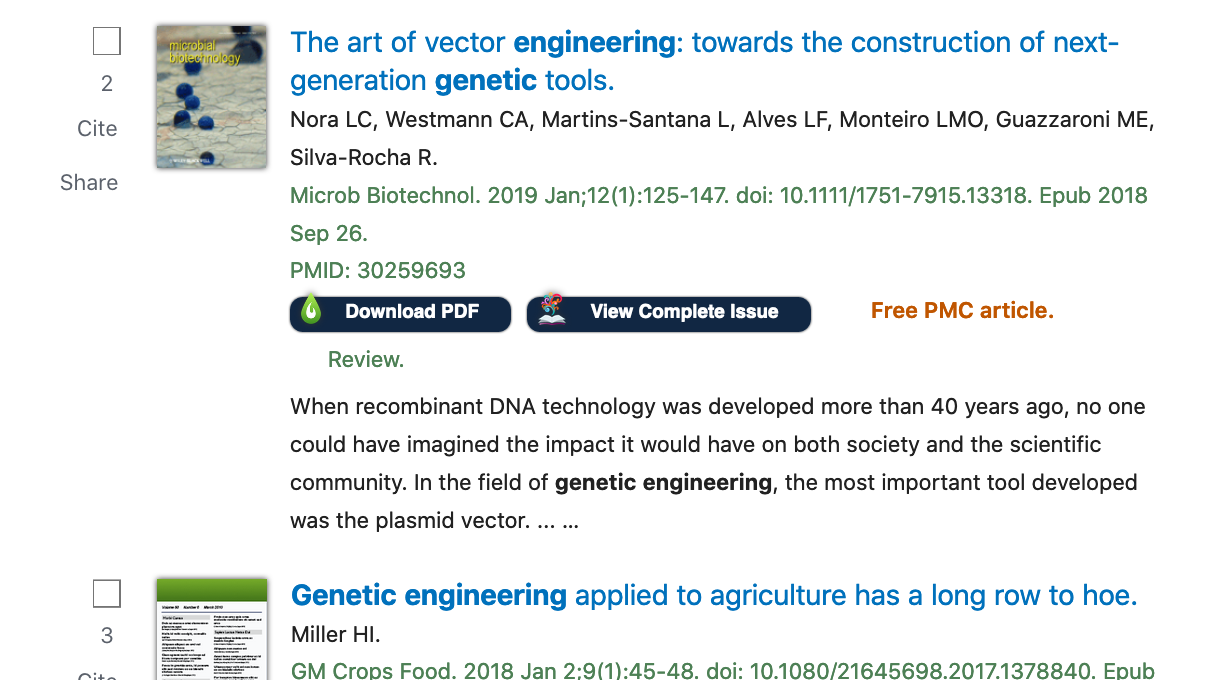
One-Click Access to Millions of Scholarly Articles
1978-84 MIAS (Monroe Institute of Applied Sciences) Papers

Applied Sciences, Free Full-Text, gas hupe dose

Fashion shopping style Applied Sciences, Free Full-Text, bamboo mat
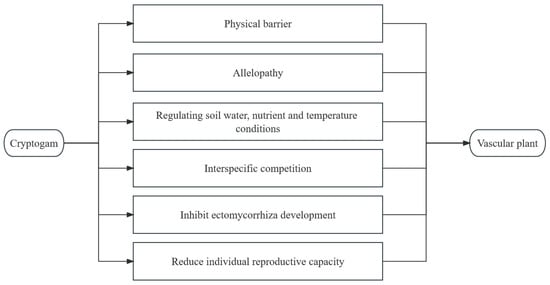
pub.mdpi-res.com/applsci/applsci-14-00002/article_

Applied Sciences An Open Access Journal from MDPI